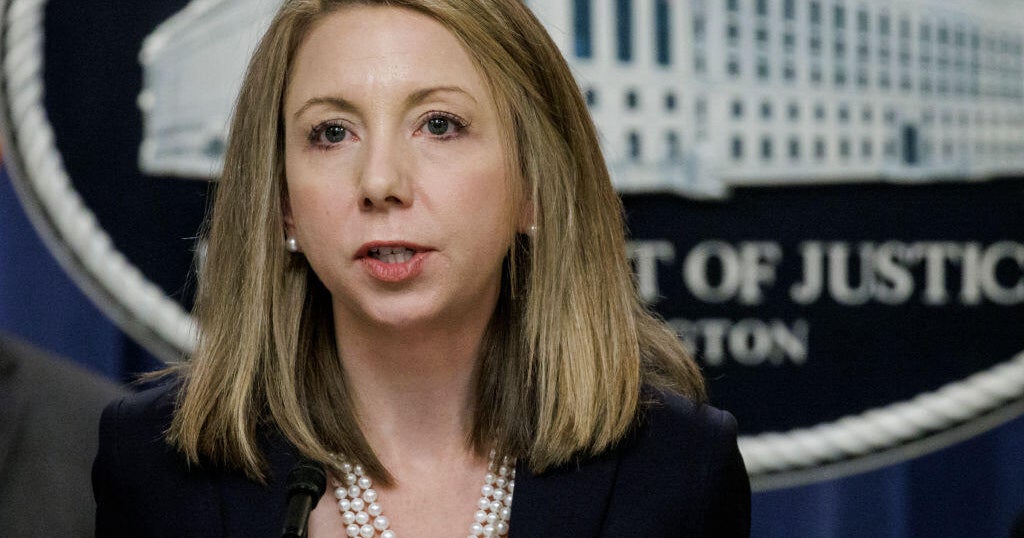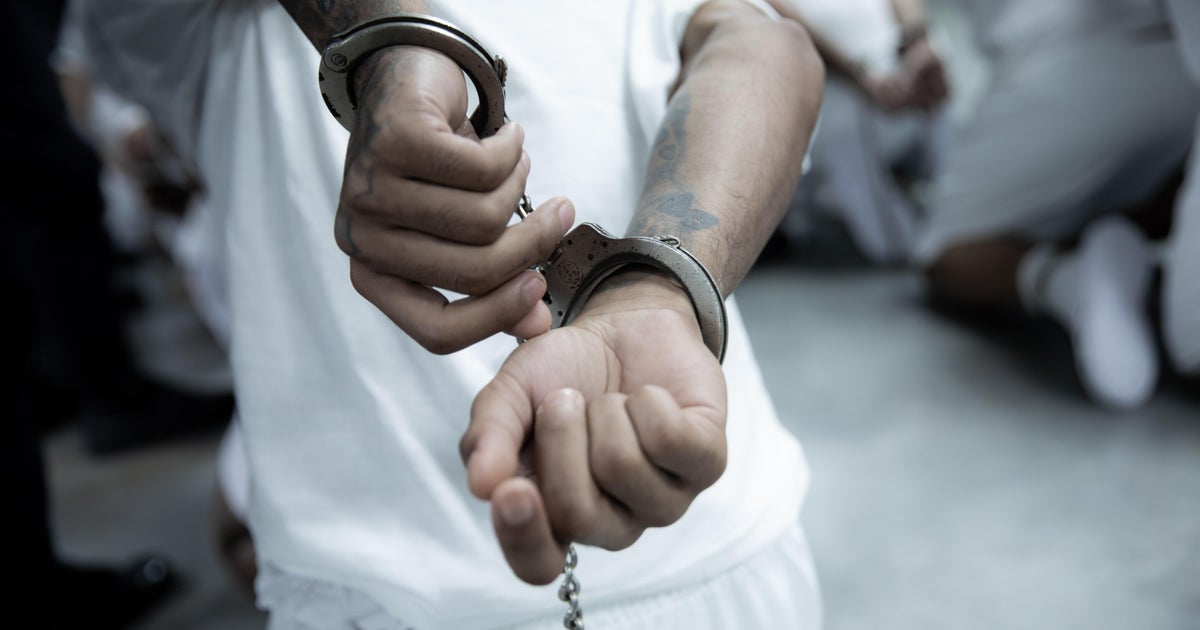Julian Assange hit with 18 federal charges in new indictment
A federal grand jury in Virginia indicted WikiLeaks founder Julian Assange on 18 felony charges for his alleged involvement in the 2010 leak of classified documents by Chelsea Manning, the Justice Department announced Thursday.
The indictment includes 17 new counts of violations of the Espionage Act, in addition to one charge that had been unsealed after Assange was arrested in London in April. Each count carries a maximum sentence of between five and 10 years if convicted, although federal sentences are typically much shorter.
"The superseding indictment alleges that Assange was complicit with Chelsea Manning, a former intelligence analyst in the U.S. Army, in unlawfully obtaining and disclosing classified documents related to the national defense," the department said in a statement.
The department said Assange "engaged in real-time discussions regarding Manning's transmission of classified records to Assange" and "actively encouraged" Manning to hack into a military computer network. In 2010, WikiLeaks published hundreds of thousands of State Department cables, documents on the wars in Iraq and Afghanistan, and other sensitive material that Manning had provided.
In a call with reporters, U.S. Attorney G. Zachary Terwilliger of the Eastern District of Virginia clarified the nature of the charges.
"Assange is charged for his alleged complicity in illegal acts to obtain or receive voluminous databases of classified information and for agreeing and attempting to obtain classified information through computer hacking," Terwilliger said. "The United States has not charged Assange for passively obtaining or receiving classified information."
He said the charges focus on the publication of "a narrow set of classified documents in which Assange also allegedly published the unredacted names of innocent people who risked their safety and freedom to provide information to the United States and its allies."
"To be clear again, Assange is not charged simply because he is a publisher," Terwilliger said.
The use of the Espionage Act to prosecute Assange signifies a dramatic escalation in the government's pursuit of him. The WikiLeaks founder has maintained he acted as a journalist when publishing the documents and is entitled to protections under the First Amendment. WikiLeaks called the indictment "madness" in a tweet on Thursday, saying it signified "the end of national security journalism and the first amendment."
John Demers, assistant attorney general for national security, told reporters the department "takes seriously the role of journalists in our democracy," but does not consider Assange a journalist.
"Julian Assange is no journalist. This made plain by the totality of his conduct as alleged in the indictment — i.e., his conspiring with and assisting a security clearance holder to acquire classified information, and his publishing the names of human sources," Demers said. "Indeed, no responsible actor — journalist or otherwise — would purposely publish the names of individuals he or she knew to be confidential human sources in war zones, exposing them to the gravest of dangers."
First Amendment groups immediately denounced the indictment, calling it a threat to journalists' ability to publish classified information without fear of prosecution.
Ben Wizner of the American Civil Liberties Union said prosecuting Assange under the Espionage Act is "a direct assault on the First Amendment," saying the move "establishes a dangerous precedent that can be used to target all news organizations that hold the government accountable by publishing its secrets."
"Any government use of the Espionage Act to criminalize the receipt and publication of classified information poses a dire threat to journalists seeking to publish such information in the public interest, irrespective of the Justice Department's assertion that Assange is not a journalist," said Bruce Brown, the executive director of the Reporters Committee for Freedom of the Press.
Manning was arrested in 2010 and convicted of espionage in 2013. She had been behind bars for seven years before President Obama commuted her sentence shortly before he left office in 2010.
In March, Manning was sent to jail by a federal judge in Virginia for refusing to comply with a subpoena by a grand jury investigating WikiLeaks. She was briefly released when the grand jury's term expired, but ordered back to jail last week when she refused to comply with a new subpoena. It's unclear whether either grand jury was involved in returning Thursday's indictment.
Assange was until recently holed up in the Ecuadorian Embassy in London, where he had been granted asylum after jumping bail in 2012. He was arrested in April and ordered to serve a 50-week prison term in the U.K. Federal prosecutors in the U.S. unsealed an indictment of one conspiracy charge soon after, and Assange now faces possible extradition to the U.S.
Meanwhile, Swedish prosecutors have said they are reopening a rape case against Assange. They said they will seek his extradition after he has served his sentence in the U.K.
Clare Hymes and Emily Tillett contributed reporting.



